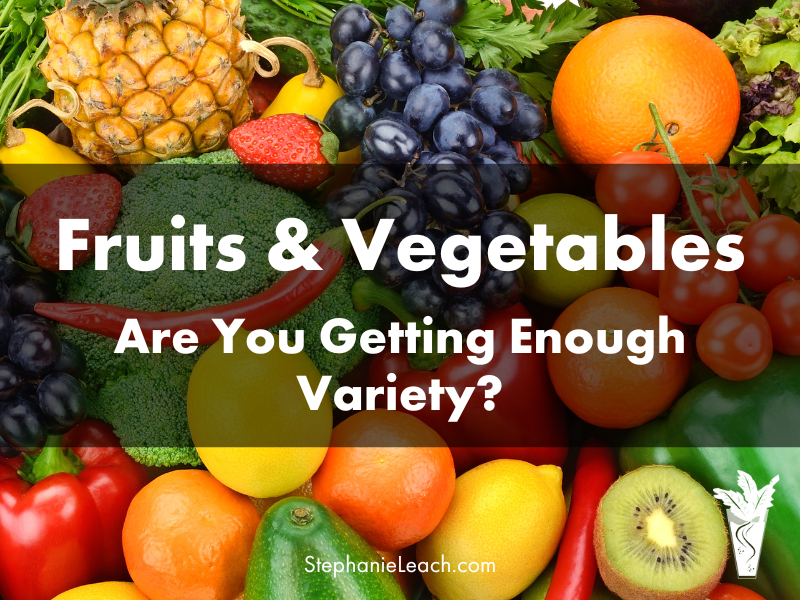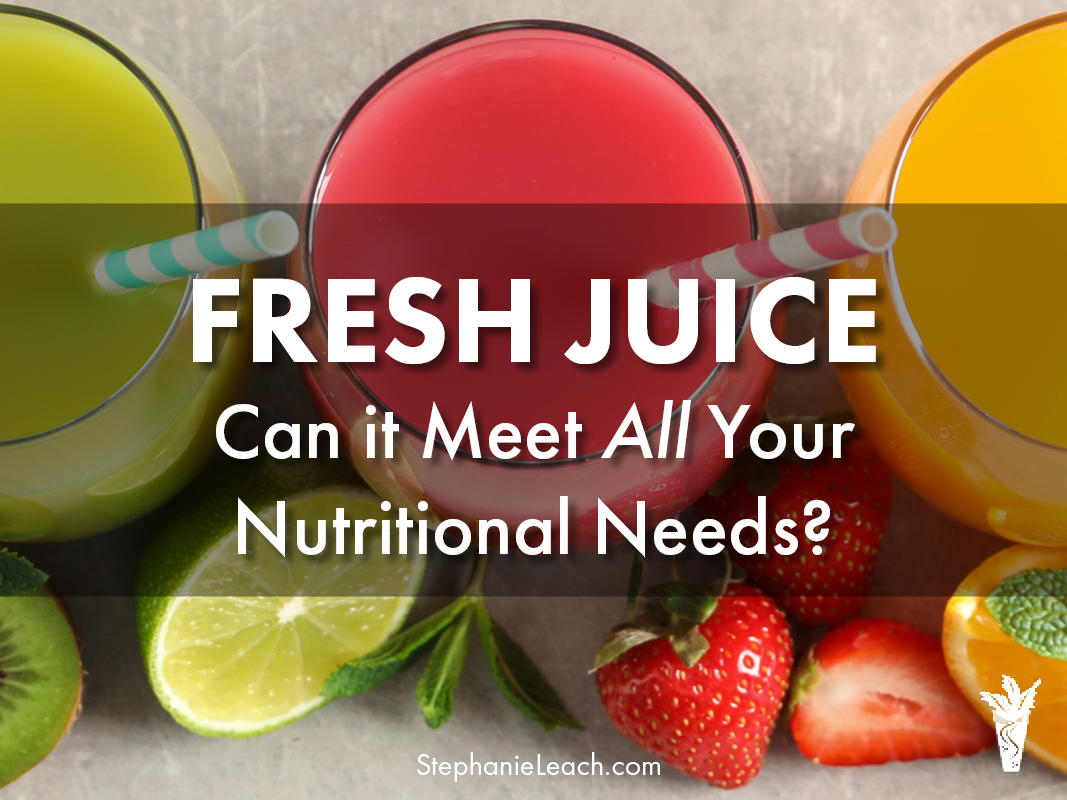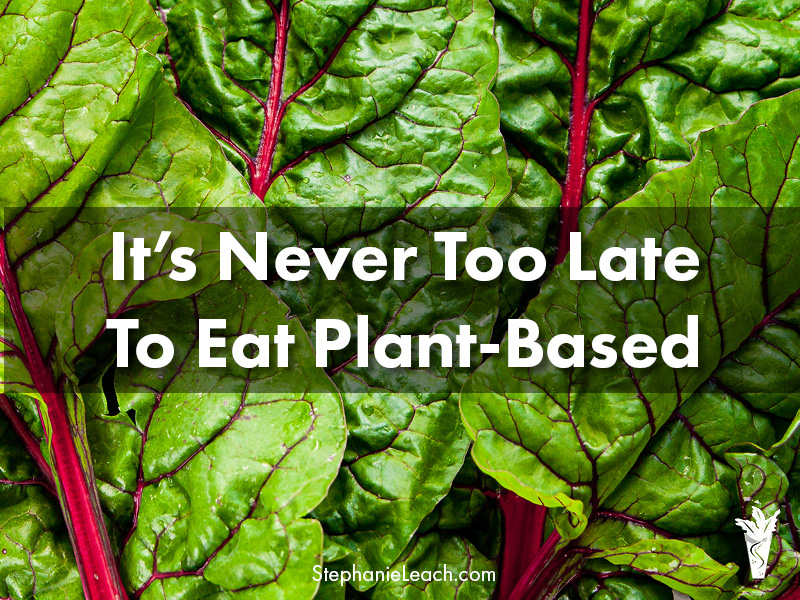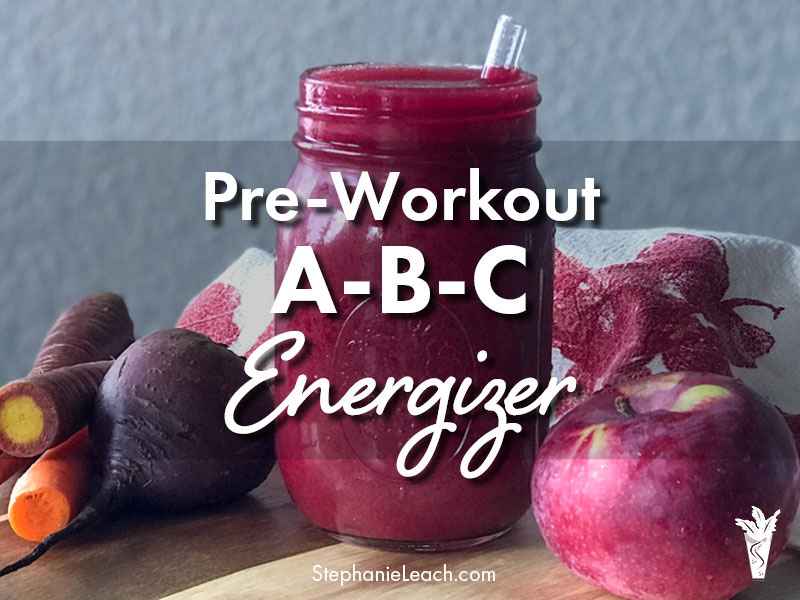You sit down to a lunch of lovely baby spinach salad with strawberries and balsamic vinaigrette. Yum. But if the spinach and strawberries are conventionally grown, you may also be consuming highly toxic insecticides. Not so yum.
Want to avoid them? You can. You have probably heard of the “Dirty Dozen” and “Clean 15,” the lists of produce that are most often contaminated with insecticides, and the ones that aren’t.
This list is created by the The Environmental Working Group (EWG,) and their list for 2012 has just been published. Plus a couple of new additions.
Dirty Dozen Plus
- Apples
- Celery
- Sweet Bell Peppers
- Peaches
- Strawberries
- Nectarines – Imported
- Grapes
- Spinach
- Lettuce
- Cucumbers
- Blueberries
- Potatoes
PLUS: Green Beans
PLUS: Kale/Greens
Why the new additions? Green Beans and Greens, such as Kale and Collards, do not quite fit the pesticide load criteria for the “Dirty Dozen,” but they often contain a highly toxic insecticide that affects the nervous system. Even though this type of insecticide is not widely used anymore, it is not banned and still shows up on green beans and greens. So if you are not buying from a local grower that does not use these dangerous pesticides, it is best to seek out organic greens at the grocery store.
Clean 15
- Onions
- Sweet corn
- Pineapples
- Avocado
- Cabbage
- Sweet Peas
- Asparagus
- Mangoes
- Eggplant
- Kiwi
- Domestic Cantaloupe
- Sweet Potatoes
- Grapefruit
- Watermelon
- Mushrooms
You’ll notice that some of the produce on the “Clean 15” list is commonly available in organic varieties in the grocery store. For these items you can safely keep your extra dollars in your pocket, and buy conventionally grown avocados, mangoes, pineapples and sweet potatoes.
Download the 2012 EWG’s Shopper’s Guide to Pesticides in Produce Pocket Guide and keep it in your shopping bag for reference. Share this post on Facebook, LinkedIn or Twitter to help spread the word and protect your friends and family from toxic pesticides.








Leave A Comment